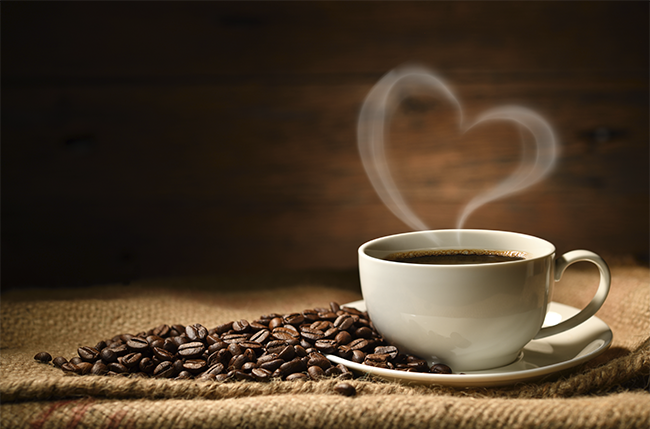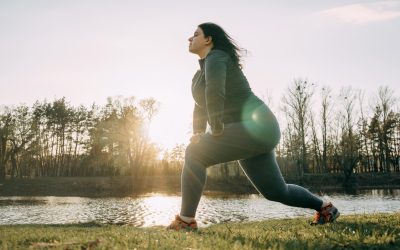Most of us love a coffee, as evidenced by a $100 billion global industry. The smell of a fresh brew is almost magical and it’s hard to keep track of the multiple new varieties of coffee drinks that are constantly hitting the market. There is a growing trend towards caffeinated energy drinks and tea is also a popular choice, however coffee is the main way that our global society consumes caffeine, and because of this we are often warned about the negative effects of our favourite beverage. Of course, an overindulgence in anything is a bad idea. Caffeine is a drug and should be respected as such, however it is also known to have a range of positive effects including:
Alertness
Caffeine clearly improves alertness, mental focus and attention. This is because caffeine not only acts as a brain stimulant, it also blocks receptors for adenosine, which normally prevents the release of excitatory brain chemicals. With adenosine out of the way, these brain-sparking chemicals can flow more freely—giving you a surge of energy and potentially improving mental performance. However, your body can get used to caffeine quickly which reduces the positive effects. The trick is moderation, the less caffeine you consume, the better it works – and it should never be used as a substitute for a good night’s sleep.
Sports Performance
Caffeine is a go-to supplement for many athletes taking part in endurance events such as a 1,500-meter running race or a cycling event and has been shown to improve performance. This is because caffeine’s stimulating effect on the central nervous system has been shown to reduce feelings of fatigue and lower perceived exertion. However, it is less effective in high intensity training, especially in untrained individuals where it is shown to have no effect, so grabbing an Americano before your next HITZone session is not recommended!
Mouth, Throat, And Other Cancers
Oral/pharyngeal cancer is one of the 10 most common cancers in the world. According to a large study of 968,432 male and female participants. Those who drank up to 4 cups of caffeinated coffee were associated with a 49% lower risk of oral/pharyngeal cancer death relative to no/occasional coffee intake. Interestingly the study found no association in relation to tea drinking).
How much is too much?
As a guide the FDA, Health Canada and the European Food Safety Authority all state that 400 milligrams of caffeine is not generally associated with negative or dangerous effects for healthy adults – that is about 4 cups of instant coffee per day maximum. Although it is important to keep in mind that the amount of caffeine in energy drinks or coffee drinks from high-street coffee shops varies widely. A moderate caffeine intake is considered to be around 250mg per day, so 2 cups of coffee.
Side effects of too much caffeine can include:
- Anxiety
- Dizzyness
- Insomnia
- Increased heart rate
Also, the effect of caffeine differs by individual, as some people are more sensitive. If you are pregnant, breastfeeding or concerned about a condition that may make you more sensitive to the effects of caffeine, then you should speak with your GP about caffeine consumption.
Links
- Research Gate, Psycopharmacology – Effects of caffeine on alertness
- Harvard Medical School – Caffeine and a healthy diet may boost memory
- Oxford Academic – Coffee, Tea, and Fatal Oral/Pharyngeal Cancer in a Large Prospective US Cohort
- EFSA – Scientific opinion on the safety of caffeine
- Healthline – How caffeine improves exercise performance
- Medical News Today – What does caffeine do to your body?





